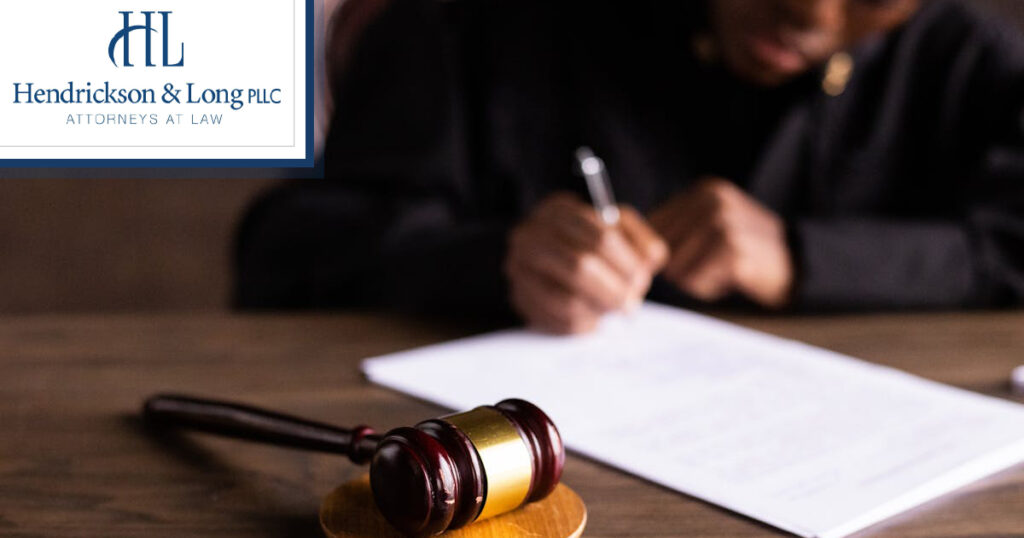Steps for Handling Discovery Disputes

In the world of legal proceedings, discovery disputes lead to delays, frustrations, and increased costs for all parties involved.
When two law firms have a dispute about how to handle discovery during a partnered case, effective management and resolution of these disputes are vital to maintain the integrity of the legal process and ensure fair and timely resolution.
In this post, we’ll look at the steps for handling discovery disputes between law firms and provide some insights into best practices and strategies for resolving conflicts amicably and efficiently.
Understanding What Discovery Is and Issues Involving It
Discovery is a crucial phase in the litigation process, during which parties exchange relevant information and evidence to build their case. However, disputes may arise when disagreements occur over the scope, relevance, or production of requested documents, depositions, or other forms of discovery.
These disputes can stall proceedings, strain relationships between parties, and undermine the efficiency of the legal process.
Handling Discovery Disputes
The first step in defending against discovery disputes is to have a thorough understanding of your client’s discovery obligations under applicable rules of civil procedure and court orders.
Familiarize yourself with the scope and timing of discovery requests, as well as any limitations or protective orders that may apply. By understanding these obligations upfront, you can proactively address potential disputes and ensure compliance with legal requirements.
Parties should be willing to engage in meaningful discussions, exchange perspectives, and explore potential compromises to reach a mutually satisfactory outcome.
Other essential steps for handling discovery disputes include:
Respond Quickly
When disagreements arise, attorneys should promptly address issues and attempt to resolve them through informal means (telephone, email, etc.) Taking proactive steps to address concerns early on can help prevent disputes from snowballing and minimize the need for formal intervention. When responding to discovery requests, carefully consider the scope and relevance of the information sought. Craft tailored responses that address the specific requests while protecting confidential or privileged information.
Review the Contract
Start by carefully reviewing the partnership contract that both firms signed. The contract should outline each party’s responsibilities, including those related to discovery. Understanding the terms agreed-upon can provide clarity on the initial agreement and guide the discussion.
Assert Objections and Defenses
In defending against discovery disputes, asserting appropriate objections and defenses to unfounded or overly burdensome requests is essential. Familiarize yourself with the grounds for objecting to discovery requests, such as privilege, relevance, scope, and undue burden or expense. By effectively asserting objections and defenses, you can protect your client’s interests and limit the scope of discovery to relevant and permissible materials.
Explore Alternative Solutions
Brainstorm alternative approaches to handling discovery that could address the concerns of both parties. This might involve adjusting the timeline for discovery, clarifying roles and responsibilities, or implementing additional oversight mechanisms to ensure compliance with legal requirements.
Mediation and Alternative Dispute Resolution (ADR)
Mediation involves a neutral third-party facilitating discussions between parties to help them reach a voluntary settlement. ADR methods such as arbitration or neutral evaluation may also offer alternatives to traditional litigation, providing a more expedient and cost-effective way to resolve disputes. Other types of ADR include:
- Mediation
- Negotiated rulemaking
- Neutral fact-finding
- Mini-trials
Streamline Document Management and Organization
Effective document management and organization are essential for minimizing discovery disputes and streamlining the exchange of information between parties. Utilizing electronic discovery (e-discovery) tools and software can facilitate efficient document review, organization, and production, reducing the likelihood of errors or omissions that could lead to disputes.
Protect Privileged Information
One of the primary concerns in discovery disputes is the protection of privileged information.
Implement procedures for reviewing documents for privilege, redacting sensitive information, and asserting privilege claims promptly. By protecting privileged information from disclosure, you can defend against attempts to compel its production and preserve the integrity of attorney-client communications.
Take a Collaborative Approach
By working together cooperatively, attorneys can identify common goals, streamline document requests, and prioritize issues for resolution. Adopting a collaborative approach fosters a spirit of mutual respect, helping navigate areas of possible contention and reach agreements that best serve the interests of both parties.
Maintain Professionalism
Throughout the process, maintain professionalism and focus on achieving a resolution that serves the best interests of both firms and their clients. Avoid personal attacks or hostile behavior, as this can escalate the dispute and damage the relationship between the firms.
Court Intervention
In some cases, despite best efforts to resolve disputes informally or through ADR, parties may find it necessary to seek court intervention. When pursuing court intervention, attorneys should adhere to procedural requirements, such as filing motions or petitions following applicable rules of civil procedure or within the statutes of limitations.
Courts may schedule hearings or conferences to address discovery disputes and issue rulings or orders to compel compliance or resolve conflicts.
Navigating discovery disputes between law firms requires patience, diligence, and a commitment to resolving conflicts fairly and efficiently.
By fostering open communication, engaging in early intervention, exploring alternative dispute resolution options, and seeking judicial guidance when necessary, attorneys can effectively manage discovery disputes and maintain the integrity of the legal process.
If you have any questions about discovery disputes or how to handle them, feel free to reach out to one of our experienced commercial litigation lawyers.
Ultimately, a collaborative and proactive approach to handling discovery disputes benefits all parties involved, promoting the swift and equitable resolution of legal matters. At Hendrickson & Long, PLLC, we’re well-experienced in handling conflicts involving discovery, so if you anticipate facing challenges with this, we can help.

